BTO Acoustic Pipeline
The BTO Acoustic Pipeline enables accurate species identification and data management for acoustic monitoring, in conservation, management and site assessment.
From backyard sound projects to commercial bat surveys, the BTO Acoustic Pipeline provides tools for the detection and identification of birds, bats and other wildlife in audible and ultrasonic sound recordings.
New: separate identification of bat echolocation, social and feeding buzz calls
Learn more about this exciting new feature on the Ultrasonic classifiers page >
Or read the new Acoustic Pipeline blog post, Unlocking the secrets of European bats with the BTO Acoustic Pipeline >
Features and benefits
Detection and identification of wildlife in ultrasonic and audible sound recordings
From backyard sound projects to commercial bat surveys, the BTO Acoustic Pipeline provides tools for the detection and identification of birds, bats and other wildlife in both audible and ultrasonic sound recordings.
Ultrasonic recordings
Our superior algorithms can identify bats, small mammals, bush-crickets and moths.
Audible sound recordings
We offer bespoke classifiers for several key bird species and groups.
Secure, reliable, automated processing
The Pipeline uses cutting-edge machine learning techniques and cloud computing to automate the processing of audible and ultrasonic audio data, providing a platform that can scale to accommodate acoustic monitoring projects of any size.
Advanced ID algorithms designed by species experts
The species identification algorithms in the BTO Acoustic Pipeline deliver unique and unrivalled performance for birds, bats and other wildlife. They’ve been developed by Dr Stuart Newson and Dr Simon Gillings in collaboration with experts throughout Europe, distilling years of audio recording and first-hand experience.
Trusted by thousands of people in over 20 countries
Since its launch in 2021, the Pipeline has processed over 500 terabytes of audio recordings from more than 2000 users in 25 countries in Europe and beyond. The BTO Acoustic Pipeline has supported county councils, National Parks, rewilding projects and NGOs to audit their biodiversity.
- Visit our Case Studies page to find out more.
For commercial use, academic research and citizen science
The Pipeline has been used for a wide range of commercial projects, citizen science projects and bioacoustics research. The Pipeline is trusted by over 100 ecological consultancies including some of the biggest players in the UK, enhancing the quality of data used to inform planning decisions.
- Visit our Commercial and large-scale use page to find out more.
Free support from experts in the field
Our Acoustic Pipeline Support Hub is available for free before you even begin recording. It provides a range of guides and advice to ensure a smooth and easy end-to-end workflow for acoustic monitoring.
Support from our in-house experts Dr Simon Gillings and Dr Stuart Newson is also available from acoustic.pipeline@bto.org
Latest Pipeline projects
Choose from free or paid plans, and bespoke projects
The Pipeline is provided for free, subject to fair usage and data sharing conditions.
A range of scalable, pay-as-you-go plans for greater processing capacity are available. And for commercial and large-scale use, bespoke paid Pipeline Projects provide additional data management options.
Get started with the Pipeline
It’s quick and easy to register for the Pipeline. No payment card is required.
Terms, Conditions and Privacy
We take your privacy seriously, and handle all your data in line with the following policies:
Get in touch
The development of the BTO Acoustic Pipeline infrastructure and its classifiers has been supported by various grants, research awards, charitable donations and contracts.
In particular, we would like to thank the Esmée Fairbairn Foundation, Ken and Linda Smith, Natural England, and the Endangered Landscapes Programme, which is managed by the Cambridge Conservation Initiative in partnership with Arcadia.


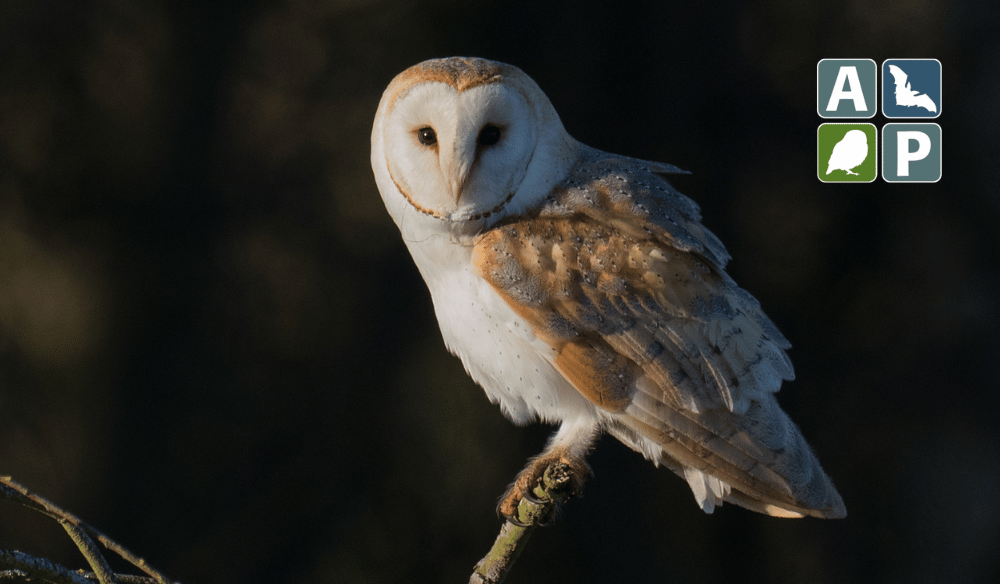







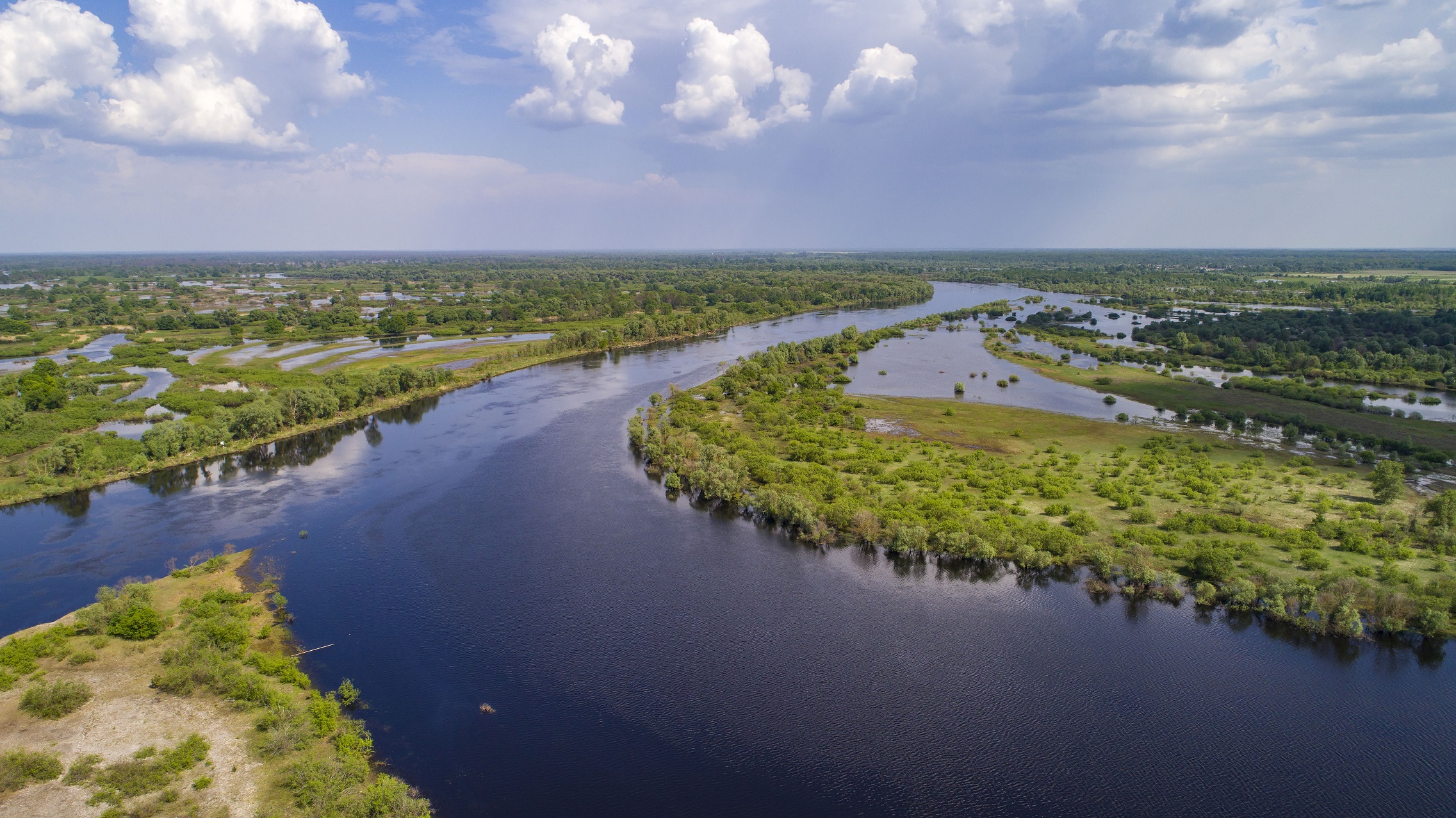
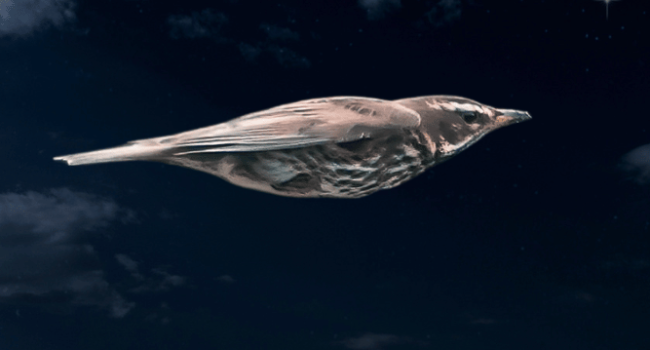
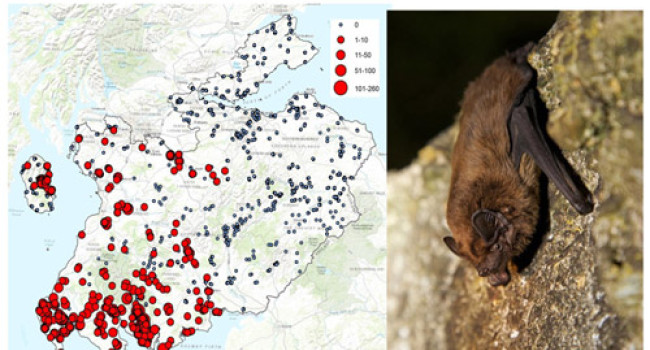


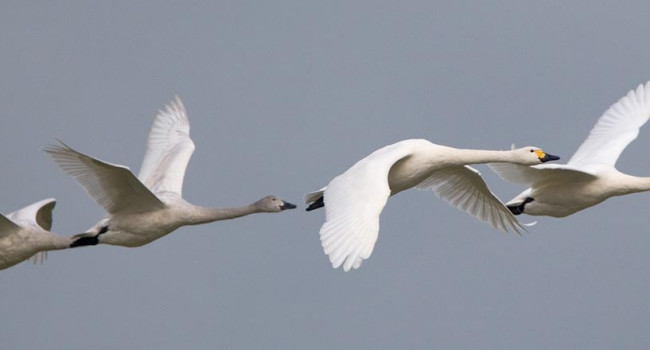
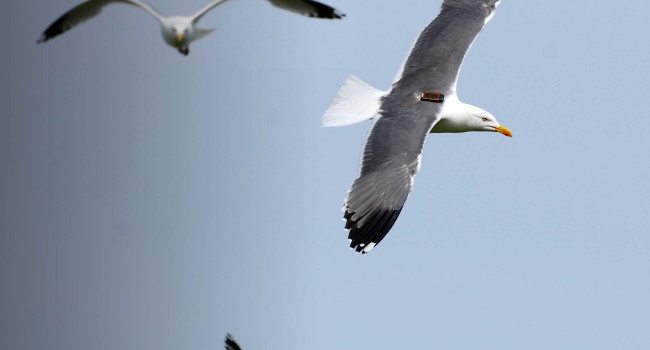

Share this page